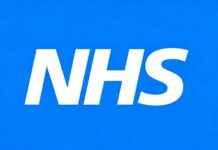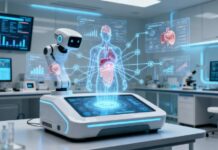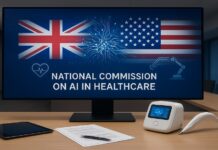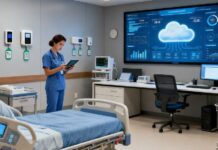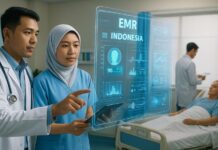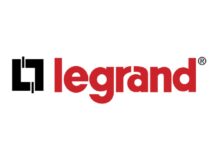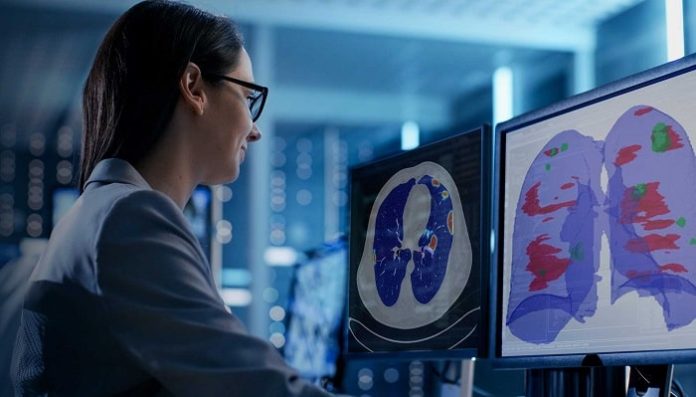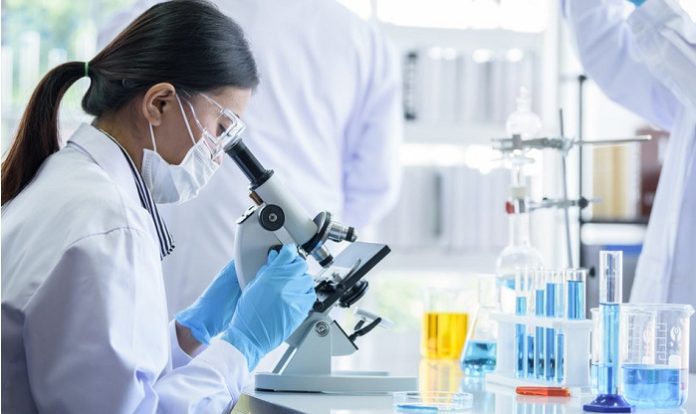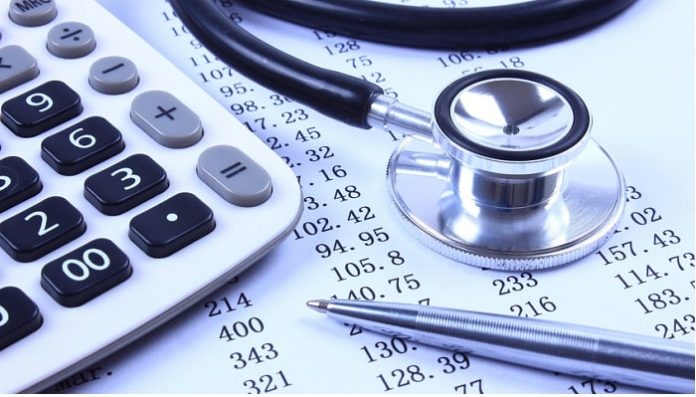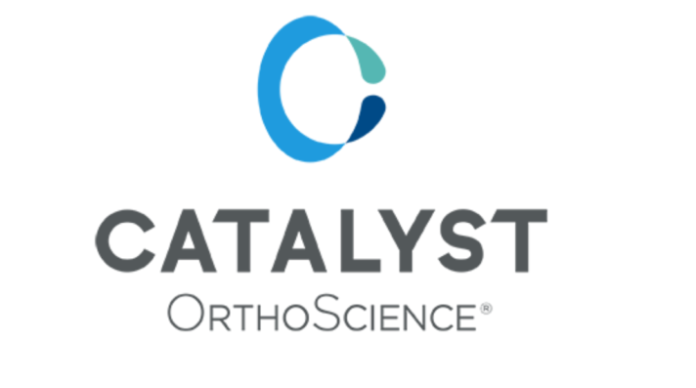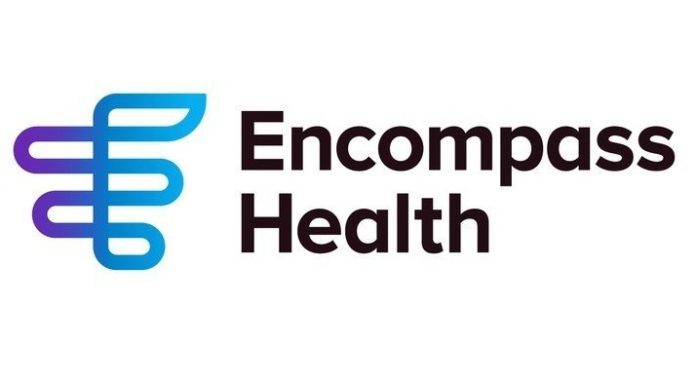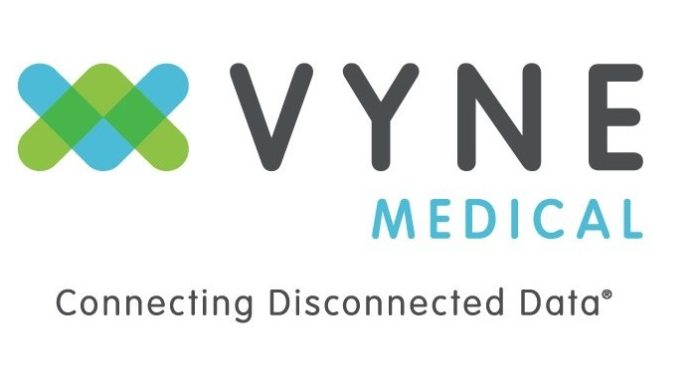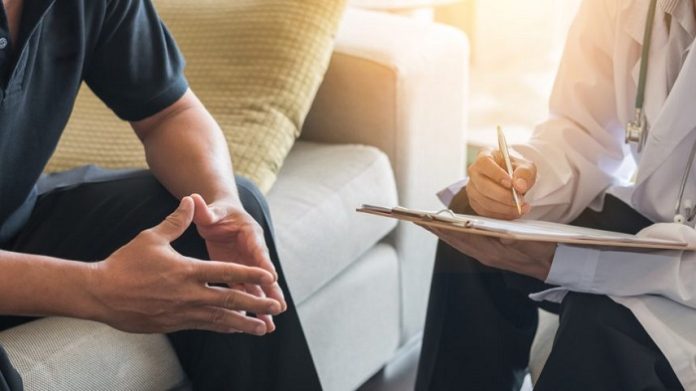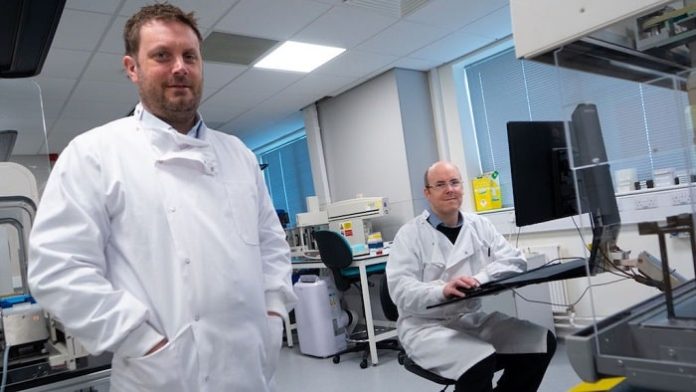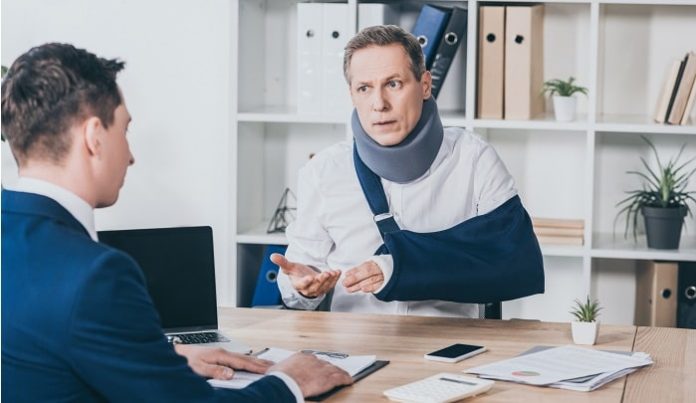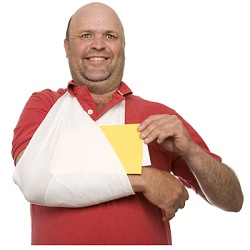Moscow Center for Diagnostics & Telemedicine and RADLogics shared the results of a large-scale study (Moscow Experiment on the Computer Vision for the Analysis of Medical Images – mosmed.ai, NCT04489992) conducted by the Research and Practical Clinical Center for Diagnostics and Telemedicine Technologies of the Moscow Health Care Department.
The clinical research found that the introduction of RADLogics’ AI-Powered solution into radiology workflow to analyze Chest-CT scans during the COVID-19 pandemic reduced report turnaround time by an average of 30 percent, which is equivalent to 7 minutes per case.
Presented by Dr. Tatiana Logunova, MD, of the Research and Practical Clinical Center for Diagnostics and Telemedicine Technologies of the Moscow Health Care Department during the recent ECR 2021 conference, the extensive research included a total of 128,350 Chest-CT scans, of which 36,358 were processed by RADLogics AI-Powered COVID-19 solution, reported by 570 participating radiologists at over 130 hospitals and outpatient clinics in Moscow.
“In addition to finding that the integration of AI did not have a negative effect on the interpretation or report accuracy, our researchers found a significant improvement in productivity and report turnaround time by the expert radiologists that leveraged AI.”
The study was conducted over two separate phases with the first taking place between April 30, 2020 to June 18, 2020 and the second taking place between June 18, 2020 to August 31, 2020. The study found that report turnaround time was significantly shorter for all time periods in a group of radiologists with available AI results that were seamlessly integrated into radiologists’ current workflow, compared to a group with non-available AI results.
In addition, in the shift between the two study time periods, additional clinical parameters were added to the standard of care, including the addition of a disease severity score. The added information created an increased workload on radiologists, which increased the average read time by more than 25 percent. In response, the RADLogics AI-Powered COVID-19 solution was enhanced to support the new clinical requirements.
Results shown indicate that with the augmented AI solution, including all clinical measurements and severity scoring, was able to maintain the overall productivity gain of 30 percent.
“We applaud this significant real-world research by Dr. Morozov and his team, who were on the frontline of Moscow’s successful fight against the COVID-19 pandemic while demonstrating the value of embracing new AI technologies to aid in these efforts,” said Moshe Becker, CEO and Co-Founder of RADLogics.
“This study – first of its kind in its scale – demonstrates the full potential of AI as a tool to augment radiologists to increase throughput, improve efficiency and reduce time-to-treatment. This research provides large-scale clinical validation to an earlier academic study by UCLA that was published in Academic Radiology, which conducted a time-motion study using our AI-powered solution to measure the impact of our solution on radiologists’ productivity that found out using our solution saved up to 44 percent in radiologists’ reading time.”
Since the start of the pandemic, RADLogics has responded with the deployment of the company’s AI-Powered medical image analysis solution worldwide. Designed for easy installation and integration both on-site and via the cloud, RADLogics’ algorithms are supported by the company’s patented software platform that enables rapid deployment at multiple hospitals, and seamless integration with existing workflows.
In accordance with FDA guidance for imaging systems and software to address the COVID-19 public health emergency, RADLogics has made its FDA cleared CT and X-ray solutions available to hospitals and healthcare systems throughout the U.S. for patient triage and management. All the company’s AI-Powered solutions are available worldwide through major OEM distribution partners including Nuance via the AI Marketplace in the U.S. market.
“In addition to the sheer scale of this research, it is important to note the demonstrated ability of our AI-powered solution to quickly adapt to the change in clinical requirements and maintain the overall performance as demonstrated in the second phase of the study,” added Becker.
“In the near-term, responsive and scalable AI algorithms could play a critical role as healthcare systems across the world contend with potential coronavirus surges as new variants spread – not to mention the tremendous burnout and economic pressures across the healthcare sector. In the long-term, this groundbreaking research also illustrates the tremendous benefit of adopting robust AI platforms that can be deployed rapidly at scale and seamlessly integrated into existing workflows to augment radiology teams.”
Dr. Morozov’s research team from the Moscow Center for Diagnostics & Telemedicine Center included Drs. T. Logunova, A. E. Andreychenko, V. Klyashtorny, K. M. Arzamasov, and A. Vladzymyrskyy. The presentation entitled “Artificial intelligence services impact on radiologist’s performance in the context of the COVID-19 pandemic” is available for ECR 2021 registrants at https://connect.myesr.org/course/artificial-intelligence-ai-and-covid-19/.


